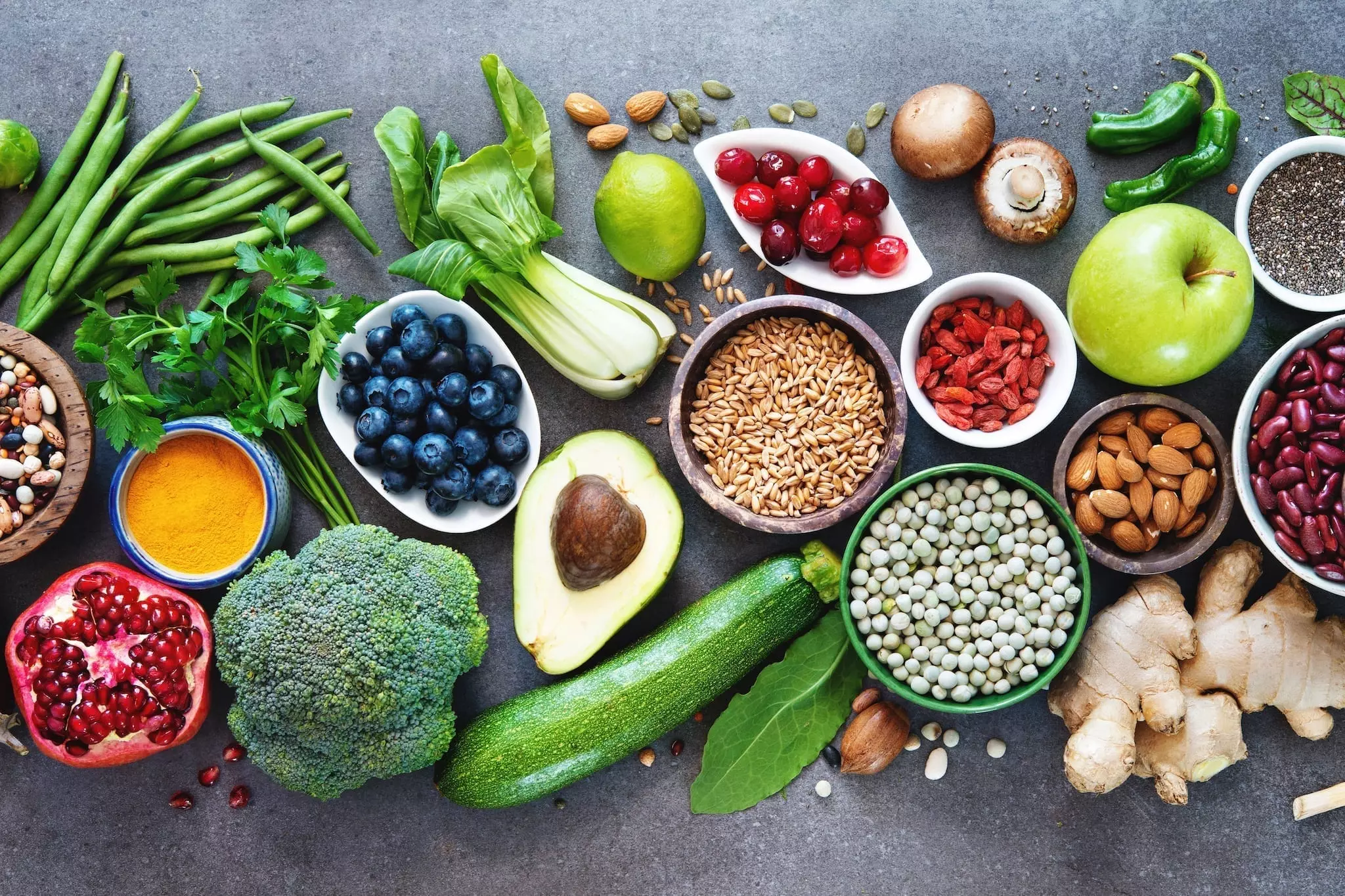Plant foods are incredibly nutrient-dense, and will ideally form the base of a healthy diet. But for those of us following an entirely plant-based diet, it can be difficult to obtain adequate amounts of certain nutrients, including protein, omega-3 fatty acids, and vitamin B12. Protein is responsible for a range of vital body functions including building and repairing muscle, hormone production, and immune health. Find our tips below on how to eat enough protein on a plant-based diet.
Include a protein source with breakfast, lunch, dinner and snacks!
Including a source of protein with every meal and snack throughout the day is an easy way to stay on top of our protein requirements, without needing to ‘catch up’ with a bigger serving towards the end of the day. Consuming smaller amounts consistently throughout the day also helps the body to more easily utilise protein, and helps to manage appetite and support energy levels across the day.
For some of us, it can be more challenging to incorporate adequate amounts of protein at breakfast and in snacks, in particular; if you’re in need of some inspiration, try our plant-based suggestions, found here and here.
Get to know quality (or complete) plant-derived protein sources.
Plant-based sources of protein include: Soybeans (including tofu, tempeh and edamame, and also found in soy protein crisps, soy milk and soy yoghurt), legumes (such as chickpeas, lentils and beans), nuts and seeds, and wholegrains. For the vegetarians amongst us, eggs and dairy products (particularly cow’s milk, high-protein yoghurt and cheese) are additional, quality protein sources to add to the shopping list.
- Tip: If you’re unable to eat dairy, opt for calcium-fortified alternatives. Meanwhile, look for nutritional yeast fortified with vitamin B12, if you’re unlikely to obtain B12 from other foods, like seafood, beef and lamb.
Of the 20 amino acids found in the human body, nine are considered ‘essential’; because the body cannot produce them on its own, they must be obtained from food. Not all dietary sources of protein are created equal, however; only a few plant-based protein sources – such as soy, as well as quinoa, hemp seeds and nutritional yeast – are considered ‘complete’ and contain all nine essential amino acids.
Other ‘incomplete’ protein sources, including legumes, other nuts and seeds, and wholegrains, are still very important. Simply enjoy a variety from each of these groups over the course of the day to achieve a complete amino acid profile. Along with protein, these foods contain a myriad of essential vitamins and minerals, and edge us closer to our weekly target of 30+ plant points for a healthy gut.
Incorporate a supplement, if needed.
Plant-derived protein powders are a useful inclusion if you otherwise struggle to consume enough protein. They’re an easy addition to smoothies, but can also be stirred through overnight oats (try Chloe’s mango and mint version, here!) or added to a healthy muffin or pancake mix. A quality plant-based protein powder will be either derived from soybeans (a complete protein source), or contain a combination of ingredients that provides all nine essential amino acids, in one.
For expert support to meet your unique dietary needs and requirements, book your first appointment with one of our wonderful Accredited Practising Dietitians today.
Written by Caitlin Branch, Student Nutritionist, and Amanda Smith, Accredited Practising Dietitian.



